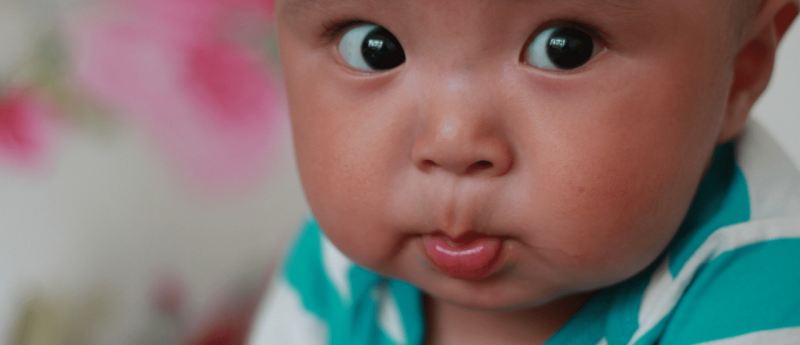CRISPR scientist claims to have made the world’s first gene edited babies

Doctor Jiankui He (University of Shenzhen, China) is claiming success in creating the world’s first genetically edited babies using CRISPR (Clustered Regularly Interspaced Short Palindromic Repeats) technology.
Doctor Jiankui He (University of Shenzhen, China) is claiming success in creating the world’s first genetically edited babies using CRISPR (Clustered Regularly Interspaced Short Palindromic Repeats) technology. He told the Associated Press that the twin girls born earlier this month had their embryos edited to remove the CCR5 gene, which plays a critical role in enabling many forms of the HIV virus to infect cells.
He’s team at the Southern University of Science and Technology (Shenzhen, China) wants to use the CRISPR technology to eliminate the CCR5 gene to produce children that are resistant to HIV. The news was released the day before the Second International Summit on Human Genome Editing (Hong Kong, China, November 27—29, 2018) which is set to begin in Hong Kong. According to Technology Review the research was an unexpected addition to the summit with no prior notification given by the researchers. (It is important to note that currently there is no independent confirmation of He’s claim and it has not been published in a peer-reviewed journal.)
During his interview with the Associated Press, He, claimed he felt: “a strong responsibility that it’s not just to make it a first, but also make it an example” and that “society will decide what to do next.”
The study has approval from the Medical Ethics Committee of Shenzhen HOME Women’s and Children’s Hospital (Shenzhen, China). The study ran from March 7, 2017 to March 7, 2019 involving married couples that met the necessary health and age criteria and who were willing to undergo IVF therapy. CRISPR technology was then used to remove the CCR5 gene from the embryos before they were brought to term in the mother.
He is optimistic about the importance of his work, stating: “I believe this is going to help the families and their children.” He also added that if the study causes harm: “I would feel the same pain as they do and it’s going to be my own responsibility.”
Research into this area is not new, but the radical step that the scientists at Southern University of Science and Technology have made is bringing the embryos to term. Scientists prior to this have been wary of the ethical implication of using CRISPR technology in gene editing of human embryos, as it is feared it could lead to eugenics or “designer babies”.
China, like the United States and many European countries, currently prohibit the use of genetically-engineered embryos in a pregnancy although there is debate whether this guideline, which was issued to Chinese IVF clinics in 2003, may not carry the weight of the law.
In addition to ethical concerns, Fyodor Urnov (gene-editing scientist and associate director of the Altius Institute for Biomedical Sciences; WA, USA) has spoken out about He’s study saying it is a cause for “regret and concern” because it may also overshadow progress in gene-editing research currently being carried out on adults with HIV.